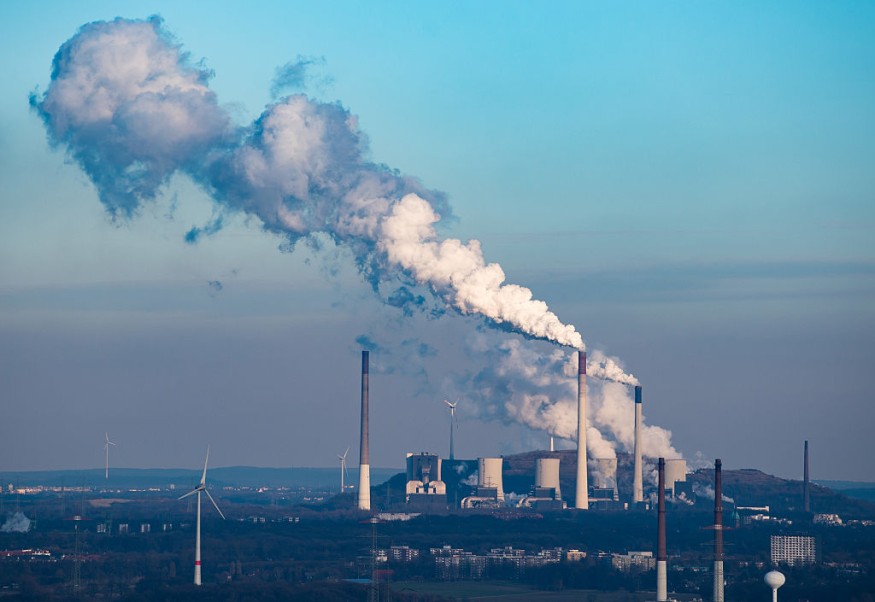
In 2023, scientists around the world were shocked as global temperatures soared far beyond expectations. The year turned out to be 0.2°C hotter than predicted, raising concerns about what might be causing such an unusual spike.
Experts believe a surprising reason could be cleaner air from reduced industrial emissions, along with other changes in Earth's systems.
Reducing Sulfur Emissions Might Be Heating Earth
NASA scientist Gavin Schmidt and his team faced this puzzle as they examined temperature records. They knew it was supposed to be a warm year because of climate change and the natural warming effect of El Niño.
El Niño is a weather pattern that occurs when the Pacific Ocean warms, often causing global temperatures to rise. But something strange happened: temperatures were already rising unusually fast before El Niño fully kicked in. This hinted that something more than usual was at play.
One key factor scientists are investigating is pollution reduction. In 2020, a new rule limited the amount of sulfur in ship fuels to clean up the air, Earth.com reported.
While this has been beneficial for human health, it may also have unintended consequences for the planet's temperature.
Sulfur particles released by ships help form bright clouds that reflect sunlight into space, keeping Earth cooler. With less sulfur in the air, fewer clouds form, and more sunlight reaches the oceans, warming them.
Andrew Gettelman, a scientist studying this issue, explained that the drop in sulfur emissions could add extra heat to the oceans, increasing global temperatures. However, he noted that this alone cannot explain the entire spike in 2023.
Another unexpected change comes from cleaner power plants in China. Over the past decade, China has reduced sulfur emissions from its coal-fired plants. Like ship emissions, the sulfur from these plants once helped reflect sunlight. With less sulfur in the air, more heat is absorbed by Earth.
Volcanoes, Clouds, and Cleaner Air: Why Earth Is Heating Up
In addition to human activities, natural events like volcanic eruptions have also played a role. When the Hunga Tonga-Hunga Ha'apai volcano erupted in 2022, it sent huge amounts of water vapor into the atmosphere.
According to Axios, water vapor is a greenhouse gas, meaning it traps heat. Scientists initially thought this might warm the planet, but new research shows the volcano's other effects—like creating cooling particles — balanced things out.
At the same time, changes in the atmosphere have caused Earth to reflect less sunlight overall. Satellite data shows that cloud cover, especially in mid-latitude regions, has decreased over time.
Some scientists believe this may be connected to global warming itself, which is shifting weather patterns and reducing cloud formation.
Together, these factors — less sulfur pollution, changes in cloud cover, and natural events — are making Earth's climate behave in ways scientists did not fully expect. "We are in uncharted territory," Schmidt said, as he and his team continue their research.
This heat surge matters because it could mean the planet is warming faster than previous climate models predicted. If temperatures continue rising at this rate, the effects of climate change — such as extreme weather, rising sea levels, and heatwaves — could arrive sooner than scientists expected.
© 2025 NatureWorldNews.com All rights reserved. Do not reproduce without permission.





